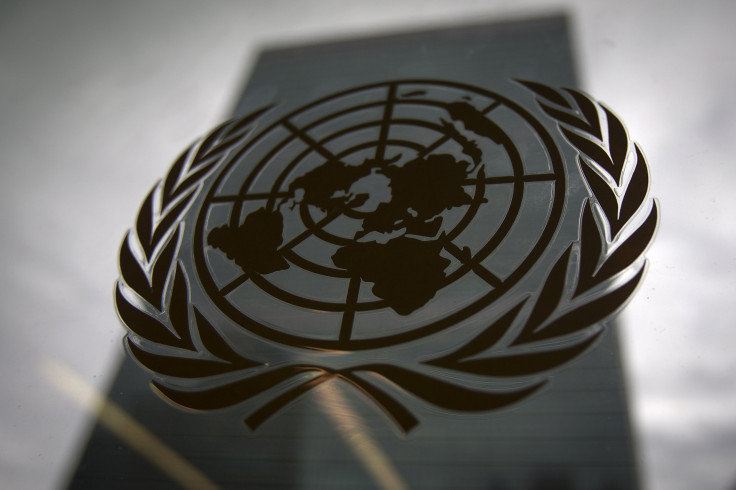UN To Establish Rapporteur Role To Monitor Privacy Concerns In Wake Of Edward Snowden Leaks

The United Nations human rights council said it will establish a special rapporteur position to cover privacy-related issues, a move that comes in the wake of Edward Snowden’s revelations about mass surveillance programs by U.S. and U.K. agencies. The resolution, which was passed by the Geneva-based council on Thursday, was championed by Germany and Brazil, two of the countries that were allegedly most aggressively monitored by foreign espionage services.
Despite worries that the U.S. or the U.K. may try to block the move, the two countries accepted the resolution and it was passed by consensus. Russia, commenting on the resolution, said that the U.S. and its allies were in grievous violation of the right to privacy and expressed its concern that technology was being used to control citizens across the world.
The rapporteur, who will be appointed in June, will be tasked with monitoring and investigating privacy issues among its member nations and offering advice to governments about compliance with U.N. regulations.
The right to privacy is enshrined in Article 12 of the U.N. Declaration of Human Rights and Article 17 of the International Covenant on Civil and Political Rights. However, the issue was reportedly considered a low priority by the international body until the Snowden revelations, which produced a strong backlash from several countries, including Germany, where it was revealed that the U.S. National Security Agency (NSA) was allegedly monitoring the phone calls of Chancellor Angela Merkel. Brazil’s President Dilma Rousseff also canceled a visit to Washington to protest the NSA’s practices.
A group of 92 non-government bodies had called for the establishment of the rapporteur role earlier this month and said that it would make an "essential contribution to the development of a coherent and complementary approach to the interaction between privacy, freedom of expression and other human rights," and empower the human rights body to "play a leading role in strengthening the promotion and protection of the right to privacy."
In July, former U.N. human rights head Navi Pillay expressed concern over lack of transparency in government surveillance practices. “This is severely hindering efforts to ensure accountability for any resulting human rights violations, or even to make us aware that such violations are taking place, despite a clear international legal framework laying down governments’ obligations to protect our right to privacy, and other related human rights,” she said in a statement.
The advocacy group Privacy International, which had been campaigning for the establishment of the role, praised the move. “Now, perhaps more than ever, we need a dedicated individual to hold those accountable who wish to violate privacy, whether it is through surveillance, indiscriminate data collection, or other techniques that infringe on this important right,” Tomaso Falchetta, a legal officer for the group, told the Guardian.
© Copyright IBTimes 2024. All rights reserved.




















